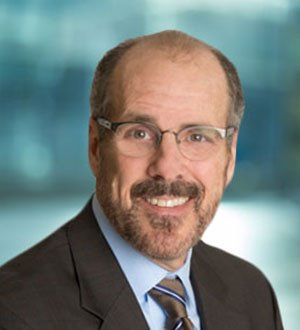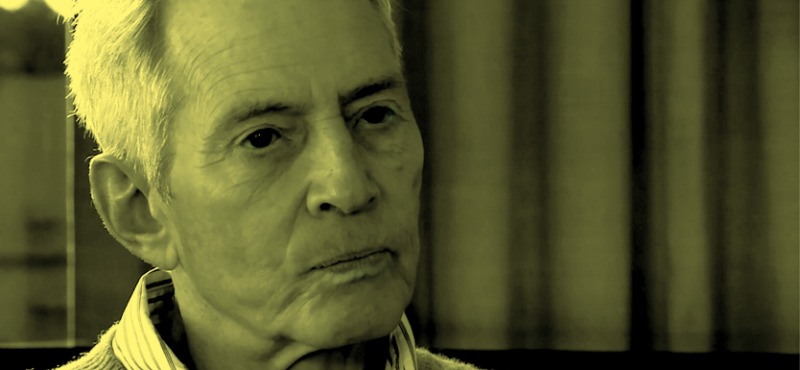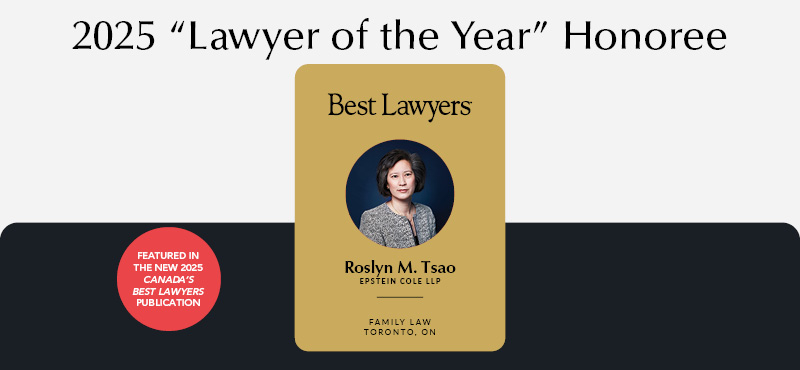By: John D. Balaguer and Dana Spring Monzo
Breaking new ground in the law governing medical malpractice, the Delaware Supreme Court affirmed the dismissal of claims against a primary care physician and mental health counselor who were accused of failure to prevent their patient’s suicide. The court ruled that the defendant healthcare providers had no legal duty to prevent the suicide because they could not exert physical control over their patient and so did not have the type of “special relationship” with the patient the law required to create such a duty.
In Christian v. Counseling Resources, et al., Bruce Christian sought medical care for depression, anxiety and panic attacks, as well as various physical complaints, from his long time primary care physician over the course of about eight weeks. Over that time he repeatedly denied any thoughts of suicide. Mr. Christian was prescribed anti-anxiety and anti-depressant medications and advised to seek treatment from a mental health professional. During his one and only assessment by the defendant mental health counselor, the patient admitted for the first time to having past thoughts of suicide, but denied any current thoughts, and assured the counselor that he would contact him immediately if that changed. Three days later, and eleven days after he was last seen in the office of his primary care doctor, the patient fired a gun into his mouth while at home in bed. He died in the hospital from his self-inflicted injuries several days later. The patient’s wife and children filed suit alleging that the primary care physician and mental health counselor were negligent in their treatment of Mr. Christian by failing to prevent his suicide.
At common law, there was traditionally no liability for the suicide in any context because the act was considered a voluntary, intervening cause of death. Essentially, the decedent himself was held legally responsible for the harm caused. However, as society’s understanding of human frailties evolved, courts around the country began in certain circumstances to recognize a third party cause of action arising out of suicide. In jurisdictions that followed the Restatement Second of Torts, two limited exceptions to the maxim precluding liability for suicide emerged – the “uncontrollable impulse” exception and the “special relationship” exception.
The “uncontrollable impulse” exception applies when the defendant’s negligence causes such mental illness that the decedent develops an “uncontrollable impulse” to commit suicide. It typically applies where the defendant has caused severe physical, mental or emotional injury to the plaintiff. This exception was recognized by the Superior Court of Delaware fifteen years ago in Porter v. Murphy, a case involving suicide as the result of severe and debilitating injuries suffered in a car accident. While “uncontrollable impulse” was not alleged in the Christian case, it isn’t hard to envision facts in the context of medical negligence where it might be alleged, such as a claim of improper medication management which worsens mental illness leading to an uncontrollable suicidal impulse.
The “special relationship" exception permits liability for the suicide of another when the defendant has a duty of care to prevent the suicide specifically arising from the defendant’s special relationship with the suicidal individual. In order for a relationship to be recognized by the law as “special” in this sense it must be defined by custody and/or control. It is not enough that the decedent and the defendant’s relationship could be deemed “special” due to sentimentality, familiarity, trust established or confidences shared, or even a professional duty of care, such as might be found in a priest/parishioner, husband/wife, or even doctor/patient relationship. In the context of a medical negligence claim, the “special relationship” exception has been applied in other jurisdictions where an individual committed suicide while institutionalized and unable to provide for his own primary needs. Once the requisite special relationship is found to be present, the question of liability for the death usually turns on the foreseeability of the act of suicide.
Prior to Christian, Delaware courts had not addressed the “special relationship” exception in the context of mental health treatment to prevent suicide, although more than two decades ago, in Naidu v. Laird, they looked at the issue in the context of a health care provider’s duty to prevent a mentally ill person from injuring third parties. In Naidu, a mentally ill patient committed vehicular homicide by driving his car into oncoming traffic after being discharged by a psychiatrist from involuntary commitment to a mental healthcare facility. The Naidu court determined that a special relationship existed between the patient and the psychiatrist based on the fact that the care at issue occurred while the patient was hospitalized in the state mental hospital and, therefore, was under the custody and control of the defendant psychiatrist. As a result, the jury verdict finding the psychiatrist responsible for a third part’s motorist’s death was upheld.
In Christian, the Plaintiffs argued for a broad expansion of the Naidu holding, applying it to the act of suicide without regard to the question of custody and control. In so arguing, they relied in part on decisions from other jurisdictions where a duty to prevent suicide has been found to exist merely by virtue of the general duty of care owed by a healthcare provider to his or her patient. The Christian court rejected this argument and instead focused specifically on whether the primary care physician and mental health counselor had custody or control over Mr. Christian, such that a “special relationship” was formed. The court found it crucial in this regard that Mr. Christian was not an inpatient at a mental health facility, but rather was treated on an outpatient basis by both the primary care physician and the mental health counselor. What’s more, the court noted that because they were not psychiatrists, neither defendant had legal authority under Delaware law to involuntarily commit Mr. Christian. In fact, the court observed that Mr. Christian’s cooperation and compliance with his medical treatment was well documented and made it unlikely that he would have been a candidate for involuntary inpatient psychiatric care, even had he been evaluated by a psychiatrist. Because they did not have physical custody over Mr. Christian’s person, or the ability to place him in custody, the defendants did not have the requisite control necessary to establish a “special relationship”.
Christian is the first case in Delaware to address the duty of a physician or mental health counselor to prevent a patient’s suicide and to distinguish a physician/patient relationship from a “special relationship” as defined by custody and control. The Christian decision limits the duty to prevent a patient’s suicide to situations in which the decedent is in the custody and control of the physician and/or mental health care provider.
Dana Spring Monzo and John Balaguer argued the Christian case at the trial court level and before the Delaware Supreme Court. They represent individual healthcare providers and institutions in civil lawsuits and administrative proceedings throughout Delaware and are part of the Healthcare Practice Group. For more information on this, and other related matters, contact John Balaguer (302.467.4501 ; balaguerj@whiteandwilliams.com) or Dana Spring Monzo (302.467.4526 ; monzod@whiteandwilliams.com).

























